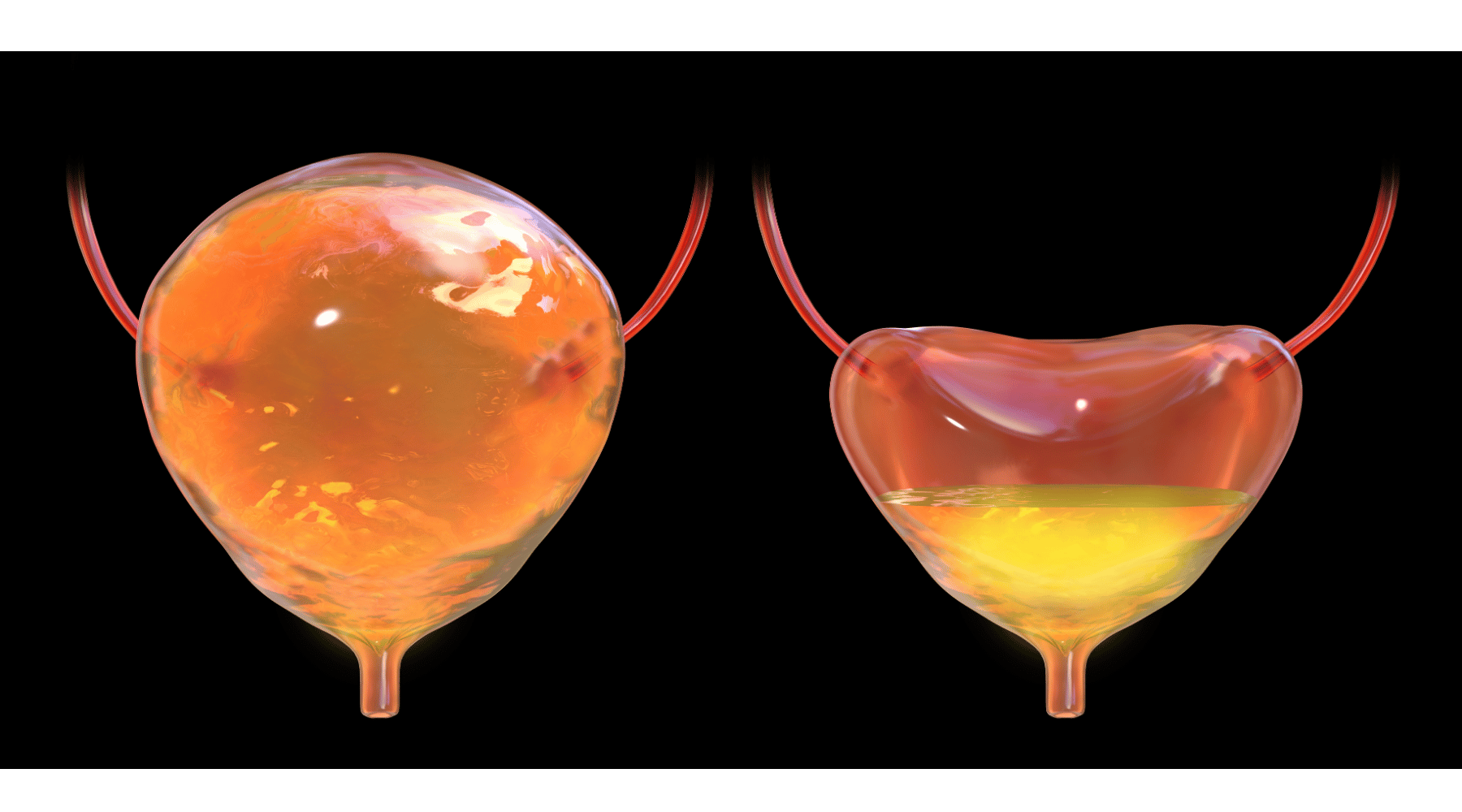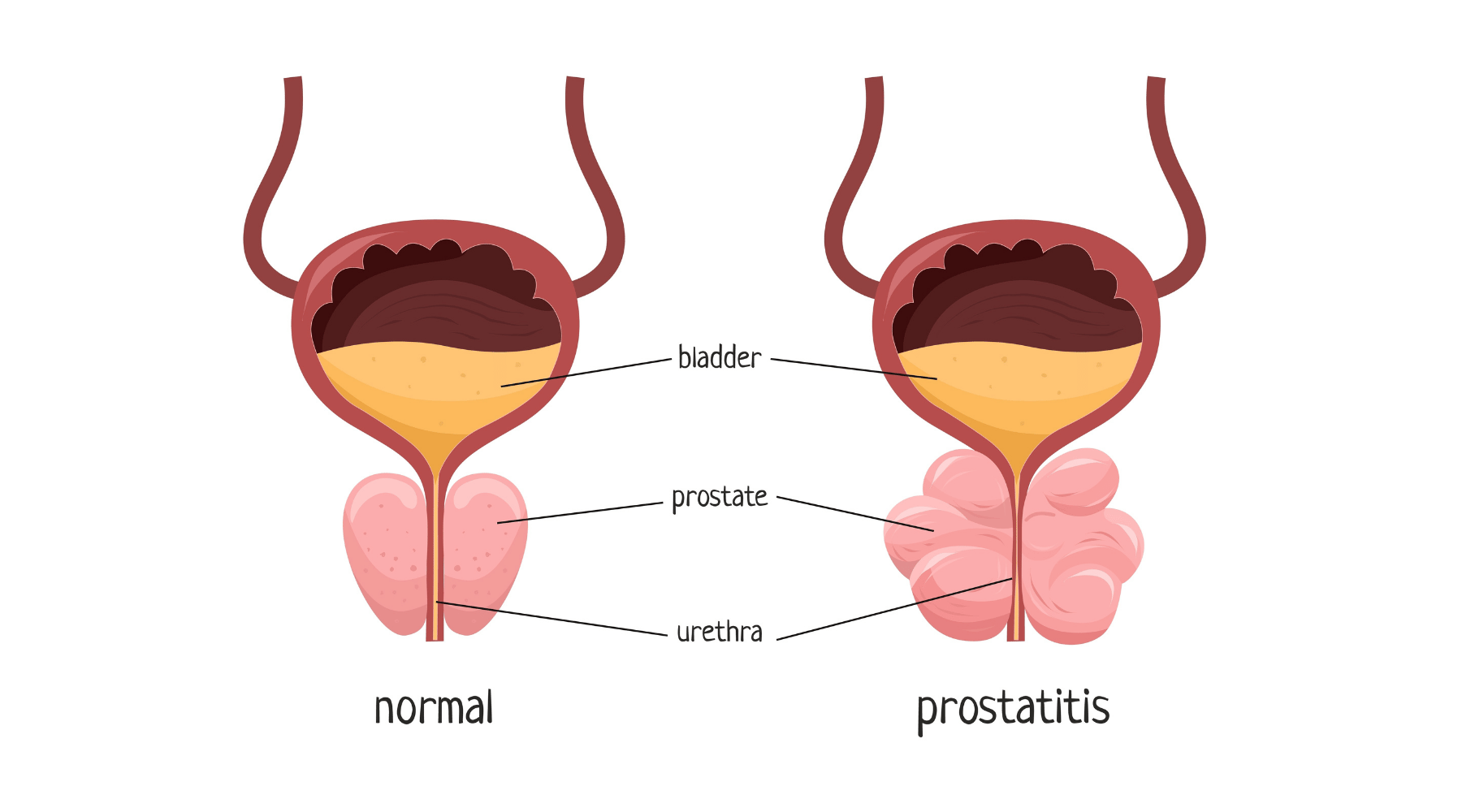
Understanding Your Bladder: A Vital Organ for Your Health
Your bladder plays a crucial role in maintaining your overall health by handling one of the body’s essential functions: storing and eliminating liquid waste (urine). This important organ is part of a complex system that ensures your body effectively disposes of waste, and it has significant interactions with various other systems, including your brain.
What is the Bladder?
The bladder is essentially a "storage organ," a muscular sac located in your pelvis, just above and behind the pubic bone. It connects to the renal system, which includes your kidneys and urethra, to facilitate the removal of waste from your body. Its unique hollow structure allows the bladder to expand as it fills with urine.
How Big is the Bladder?
When empty, your bladder is roughly the size and shape of a large grapefruit. Remarkably, it can expand to hold nearly half a liter of liquid without discomfort for two to five hours. If necessary, it can accommodate even more, although this may lead to increased pressure and the urge to urinate.
How Does the Bladder Work?
When your bladder fills and it’s time to empty, the bladder muscles contract, triggering the opening of two valves known as sphincters. This release allows urine to flow into the urethra, which carries it out of your body. For men, the journey is slightly longer, as the urine needs to travel the length of the penis before exiting.
The Bladder in the Renal System
To appreciate the bladder's role fully, it's important to consider its interaction with the other organs in the renal system. The bladder is connected to the kidneys by two tubes called ureters. The kidneys produce urine and transport it through the ureters to the bladder, where it is stored until signals from the brain indicate that it’s time to release it.
How Often Should a Healthy Bladder Empty?
A healthy bladder typically needs to empty itself four to eight times a day. This frequency may increase with age, as older adults often experience more frequent urges. Generally, you should feel the need to urinate every three to four hours, depending on your fluid intake. Interestingly, most people won’t feel the urge to urinate at night, as the bladder tends to “go to sleep” during these hours.
Recognizing the Need to Go
A healthy bladder can comfortably hold up to 600 milliliters of urine, and its ability to expand is what alerts you when it’s time to visit the restroom. Generally, the urge to urinate begins when the bladder contains about 200 to 300 milliliters of urine. While you might be able to hold it at this point, it’s advisable to respond to these signals to avoid unnecessary strain.
Signs of a Healthy Bladder
On average, a healthy bladder should empty itself four to eight times a day without any issues. It may wake you once during the night—twice for older adults—and should not leak. You should experience the urge to urinate in a timely manner, allowing you to reach the bathroom comfortably, and each visit should result in complete emptying.
Common Bladder Conditions
One of the most common issues affecting the bladder is urinary incontinence, but other medical conditions can also impact bladder function. Bed-wetting is prevalent among children, while adults may face conditions such as cystitis (painful inflammation), urinary stones, blood in the urine, painful urination, and urinary retention, which occurs when the bladder cannot empty fully.
How Long Can You Hold Your Urine?
There is some debate about whether it's harmful to hold urine for prolonged periods. Generally, holding it for about an hour is considered acceptable. However, consistently delaying urination can lead to complications such as urinary tract infections, reduced kidney function, and incomplete bladder emptying.
How to Keep Your Bladder Healthy
To maintain optimal bladder health, it’s essential to respond to your body’s needs and urinate when you feel the urge. Staying hydrated by drinking plenty of water is key to:
- Ensuring smooth urine flow through the renal system,
- Supporting the health of your other organs.
For many, incorporating regular Kegel exercises can strengthen pelvic muscles, helping to prevent leakage and urinary incontinence. By following these simple steps, you can nurture your bladder health and enhance your overall well-being.


